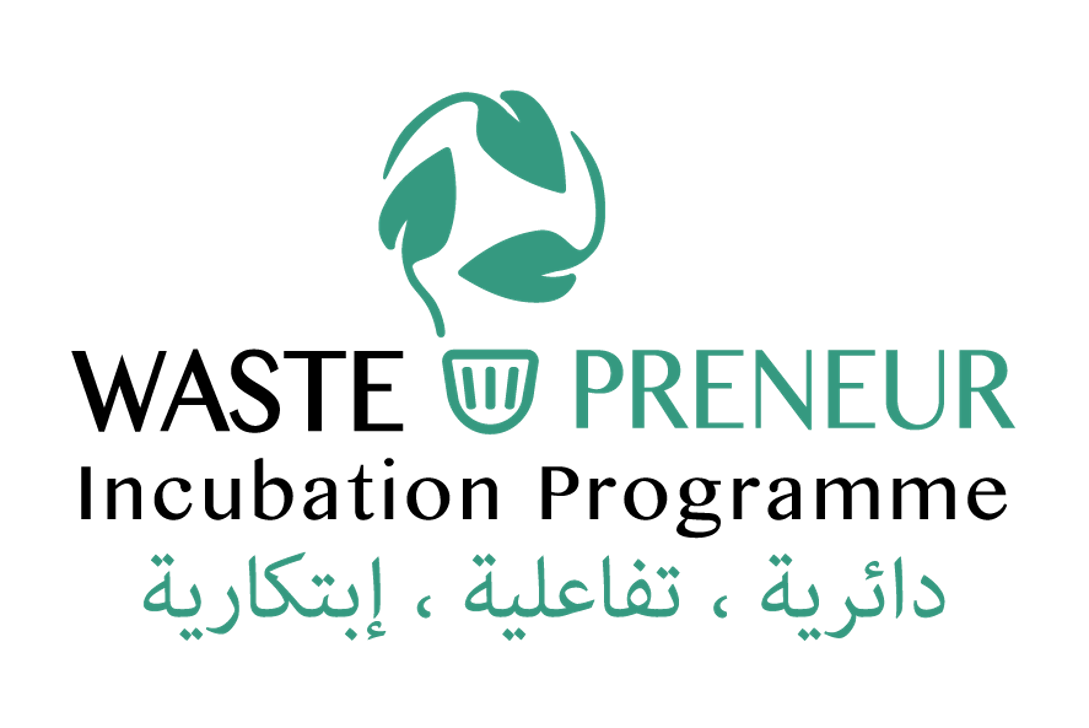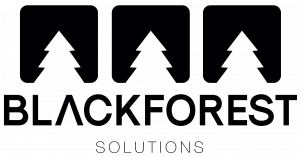WasteWiki
Wastepreneur offers a continuously growing encyclopedia of factsheets on waste management technologies. These technologies are categorised according to the following waste streams: organic waste, construction and demolition waste, recyclable solid waste, medical waste, oil and gas waste. Furthermore, factsheets can be filtered according to waste source and the technology used.
Once you click on a selected technology, you can read an executive summary and download the full factsheet in pdf format. The “Show All” button will reset the filters and display all the waste management technologies.
-
Composting
-
Animal feed (BSF and mealworms)
-
Plastics sorting and recycling
-
Medical waste treatment
-
Used Cooking Oil Recycling
Composting – Introduction
Composting is the conversion of organic waste (green waste, biowaste, wood, etc.) into valuable earth with the help of microorganisms under aerobic conditions (aerobic degradation). It is a process for treating solid organic wastes to reintroduce the organic substances back into the natural cycle.
Animal feed from food waste – Introduction
Organic waste can be fed to animals directly but not all types of organic waste can be used for this (e.g. waste containing microbial pathogens). Hence, organic waste can be transformed into animal feed through pelleting production or black soldier fly (BSF) utilization. Pelleting production lines are widely applied but have high energy consumption. The use of BSF is much cheaper, however local legislation may restrict this. Turning organic waste into animal feed has gotten attention from a lot of start-ups.
Plastics sorting and recycling – Introduction
Plastic materials need 10 to 1,000 years to decompose. Therefore, recycling of plastics is not only useful to generate value from waste materials in the form of secondary products, but also to reduce the impact on ecosystems and human health caused by mismanaged plastic waste. Since many industries nowadays use some percentage of recycled plastics in their products, plastic recycling is a promising business opportunity with a growing demand.
Medical waste treatment – Introduction
Medical waste is any type of waste that is generated at healthcare facilities such as hospitals/clinics, dental practices, blood banks, medical research facilities, etc. according to the World Health organization, 85% of this waste is non-hazardous and the rest (15%) is considered hazardous material that can be infectious, radioactive, or toxic. However, if not properly separated at the source, which is the case in most low- and medium-income countries, the percentage of generated hazardous healthcare waste can increase drastically.
According to a study carried out in 2019, about 43% of official hospitals in Iraq lack the availability of big containers for the collection and segregation of medical waste and the majority of health-care staff are not trained in proper management of hazardous and non-hazardous medical waste (including its segregation, handling, transportation, storage and final disposal).
It goes without saying that the importance of proper healthcare waste management lays in mitigating its hazards on human health by increasing the safety of employees and patients as well as protecting the environment.
Used cooking oil recycling – Introduction
Used cooking oils are oils (from vegetables or animal origin) that have been used to cook food for human consumption. They are waste, meaning that they are no longer edible, therefore they are recycled and used for other purposes such as: making soap, producing glycerol, biodiesel manufacturing, among others. These oils are collected and recycled for two main reasons:
a. they are a cheap resource, therefore present an important economic value.
b. if they are not recycled or properly disposed of, they could cause serious health and environmental concerns.
Supporters

The Wastepreneur platform is supported by the “Private Sector Development & Employment Promotion (PSD) Project” in Iraq. The PSD project is co-funded by the European Union and the Federal Republic of Germany. GIZ has been commissioned by the German Federal Ministry for Economic Cooperation and Development (BMZ).


